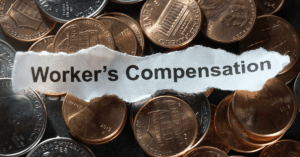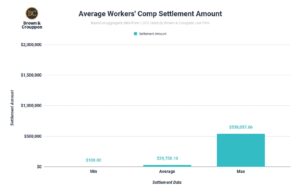However, there may be other, more subtle signs that fraud is occurring. Friendly strangers reaching out to you on social media and asking a lot of background questions might just be looking to verify your personal information to take benefits in your name. Or you might receive emails from companies about accounts you never opened.
Do not give your information out to strangers and do not click on any links from an email or text.
IF YOU RECEIVE NOTICE OF BENEFITS THAT YOU DIDN’T EXPECT OR APPLY FOR, TAKE THE FOLLOW STEPS:
- If you receive benefits you didn’t expect, do not spend the money. Do not activate any debit cards that arrive and do not cash any checks. If you do, you will have to repay that money to the state and could find yourself in legal trouble, as well.
- Once you learn of the fraud, report it as soon as possible. Unfortunately, once the fraud has occurred, victims will have to spend some time cleaning up the mess. Here are some of the agencies you’ll need to contact.
- In Illinois, report it to the Illinois Department of Employment Security.
- In Missouri, file a report with the Missouri Department of Labor and Industrial Relations.
- If it happened during the COVID-19 pandemic, report it to the U.S. Department of Justice’s National Center for Disaster Fraud.
- You should also notify all three credit reporting agencies—Equifax, Experian, and TransUnion.
- Monitor your credit. You can access your report at annualcreditreport.com.
- Consider a credit freeze. By freezing your credit, potential credit grantors will not be able to see your credit report unless you prove your identity to them. To freeze your credit, you must contact each of the three credit reporting agencies.
- Place a transaction alert on your bank accounts. This will notify you when withdrawals above a pre-set dollar amount are made and allows you to contact the financial institution immediately to dispute the charges.
- Consider getting an IRS Identity Protection PIN. This is a six-digit number that helps prevent thieves from filing federal tax returns in the names of their victims.
- For more information: visit identitytheft.gov.







